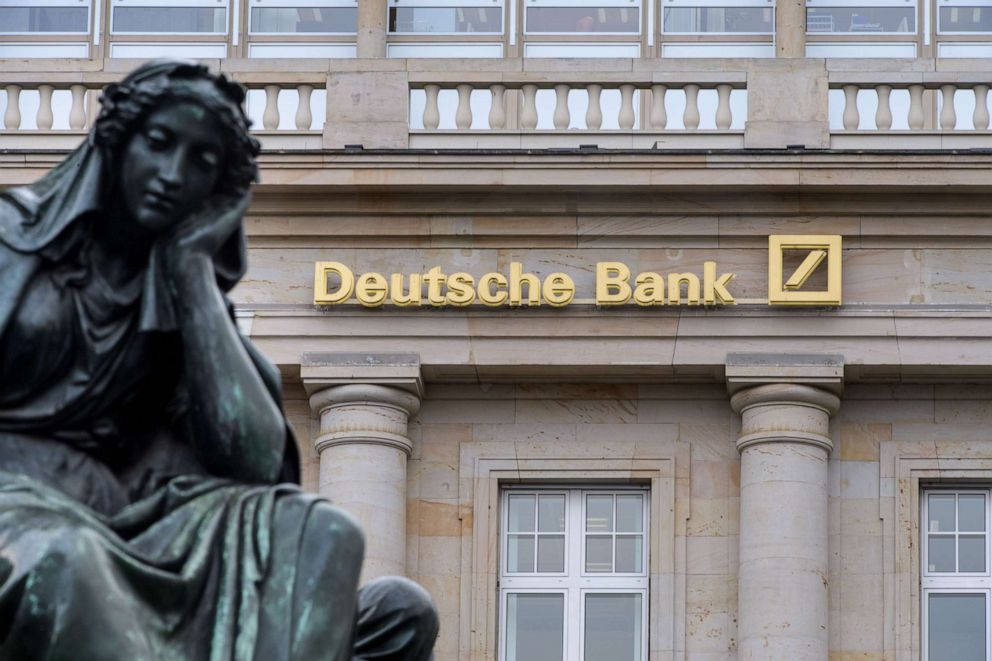Judge declines to block subpoenas seeking financial information about Trump, family
Attorneys for Trump wanted to prevent the banks from complying.
A New York federal judge on Wednesday declined to block Congressional subpoenas seeking financial information about President Donald Trump and his family from Deutsche Bank and Capital One.
Attorneys for the president, his children and his namesake company argued in court Wednesday that the subpoenas lacked legislative purpose and sought a court order preventing the banks from complying.
Trump's attorney Patrick Strawbridge said that the subpoenas, which ask for financial information dating back to 2010 relating to Trump and his company, children, grandchildren and in-laws, "transgress the limits" of Congress’ power of investigation and violate their privacy rights.
The subpoenas were issued to harass the president and "rummage through every aspect of his personal finances, his businesses, and the private information of the President and his family" to cause him political damage, Trump’s lawyers wrote in court papers.
Arguing on behalf of the U.S. House of Representatives, which issued the subpoenas, attorney Douglas Letter said that Congress is not just examining Trump, but is conducting a wide-ranging investigation of the entire banking industry. This investigation will help Congress potentially write new laws to combat bank fraud, money laundering, foreign influence in the U.S. political process and security risks from foreign powers with financial leverage, House lawyers argued.
"This is a massive, fundamental misunderstanding Mr. Trump has with Congress," said Letter.
One question the House hopes to answer: "why were you [Deutsche Bank] lending to Trump when no other bank would touch him," Letter queried.

The House also wants to know about money coming into the U.S. from Russian oligarchs and if the Russians are influencing our government "at the highest level" because of possible financial leverage, said Letter in court.
Letter defended the broad reach of the subpoenas to Trump’s children, in-laws and grandchildren by noting the practice of criminals, including drug lords, of "hiding assets... in the names of children and grandchildren."
Also, "we’re not talking about Ford Motor Company, we’re talking about a family business," Letter said when referring to Trump's son-in-law, Jared Kushner.
While the House cannot prosecute any possible criminal activity found during their investigation, they could potentially turn over evidence to a prosecuting agency, said Letter.
The House could also vote to impeach Trump.
Judge Edgardo Ramos sided with Congressional lawyers and ruled that the subpoenas are "in furtherance of a facially legitimate government purpose," even though they are "undeniably broad."
Trump’s lawyers indicated that they will appeal Wednesday’s ruling to the Second Circuit Court of Appeals and ask that court for an immediate stay.
Both Deutsche Bank and Capital One wrote in court filings that they take "no position" on the subpoenas and that the dispute is between Trump and the House.
A representative from Deutsche bank told ABC News on Wednesday: "We remain committed to providing appropriate information to all authorized investigations and will abide by a court order regarding such investigations."
A representative from Capital One declined to comment.
ABC News’ Christina Carrega contributed to this report.




